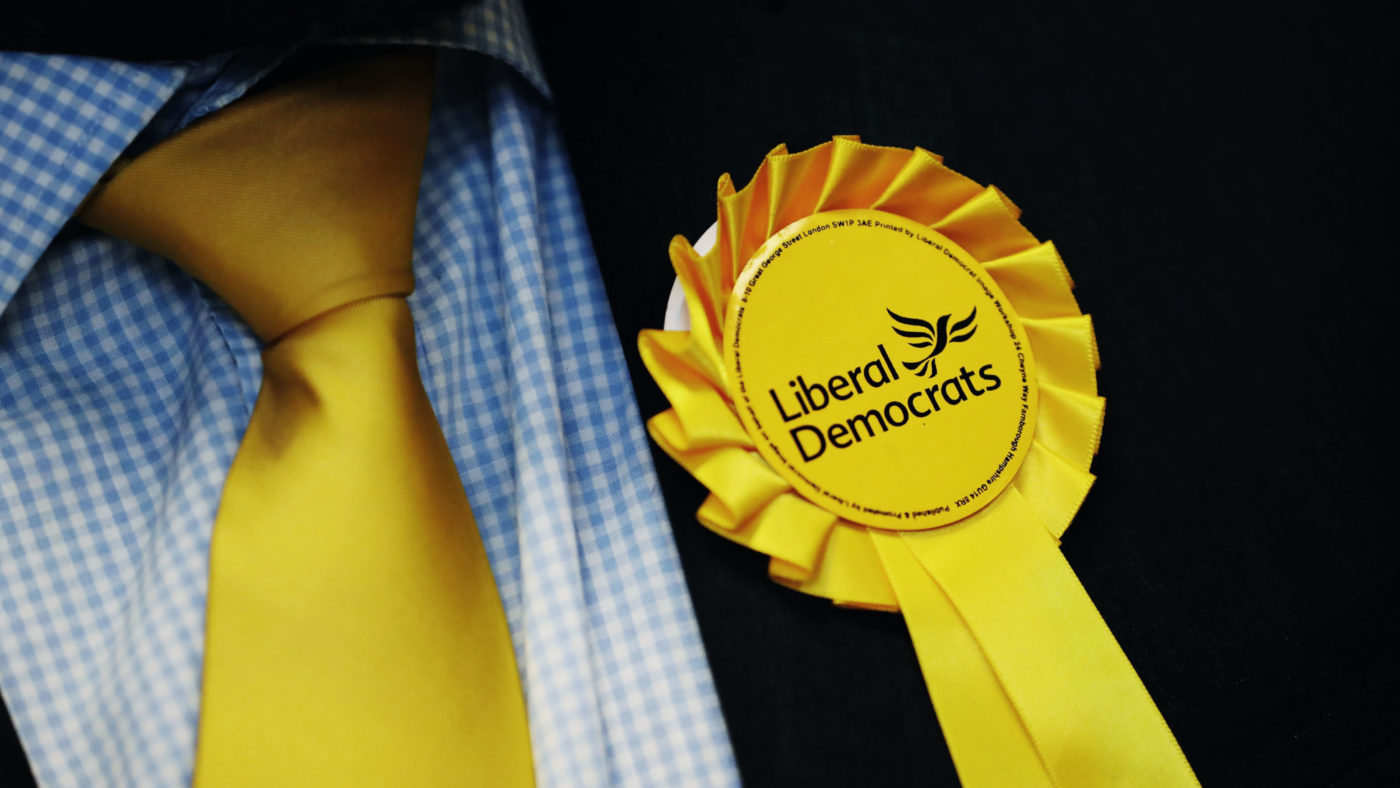I’ll admit, as a liberal, there’s little to cheer in the current political climate, and to an extent Kristian Niemietz’s calls for a new liberal party are understandable. As the spectre of a Labour government led by Jeremy Corbyn hangs over us all, there is little that is inspirational about either Theresa May’s unpalatable combination of Milibandism and social conservatism (in particular when it comes to immigration and drug reform), or Vince Cable’s almost obsessive fascination with an “Exit from Brexit”.
However, if we’re being serious, the idea of a new liberal party has the exact same pitfalls as the idea of a new centrist party – primarily that our electoral system’s protection of the current oligopoly means that it’s almost impossible for any new political party to get a foothold in the marketplace of ideas.
Instead, liberals of all stripes should look to make the most of the Liberal party we already have. Thankfully, the foundations are already in place. If you take each policy suggestion for a new liberal party made by Niemietz, then it’s possible to find support for each one already in existence within the Liberal Democrats.
On green belt reform, this is already the policy of the Liberal Democrats youth wing, on decentralisation of political power, the Liberal Democrats have always been strong, with the party’s constitution committing it to support decision making being made at the “lowest practicable level”.
Likewise, support for a tax on the value of land has been present in the Liberal Democrats (and its predecessor the Liberal Party before that) for over a century, currently manifesting itself in the campaign group “Action for Land Taxation and Economic Reform”. For everything else, there is Liberal Reform, a campaign group within the Liberal Democrats committed to the values of the Orange Book (personal, poltical, social and economic liberalism), a collection of essays described by the Guardian as “ideas about liberation through the small state”.
This is not to say that the Lib Dems are perfect, indeed there is much in their 2017 General Election manifesto that would make any liberal uncomfortable, for example the commitment to the freedom-limiting ideas of the sugar tax and minimum unit pricing on alcohol.
Similarly, the party’s current obsession with Brexit is problematic in that the issue splits the two liberal tribes Niemitz identifies down the middle. However, neither are the Liberal Democrats only liberal in the American sense of the word as Niemietz describes; indeed, with mass nationalisation promised by Jeremy Corbyn on the one hand, and price-caps by Theresa May on the other, there’s a reasonable argument to be made that the 2017 Lib Dem manifesto was the most economically liberal on offer, even if it was not presented as such.
Neither Brexit negotiations nor Liberal Democrat policies are (hopefully) forever – in the case of Lib Dem policies, these can be overturned with a simple majority of party conference delegates – and liberals should not be so quick to write the party off as a lost hope.
The roots of the Liberal Democrats lie in the coming together of those who believed in free trade and individual liberty, all that is required for these ideas to flower again is a good watering. Whilst the idea of a new liberal party may be an abstract one, sent down from the “think tank ivory tower” on high, the idea of a truly liberal Liberal Democrats, one committed to personal, political, social and economic freedom, is based firmly in reality.


